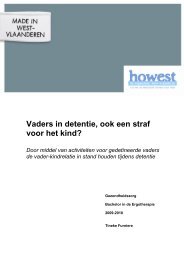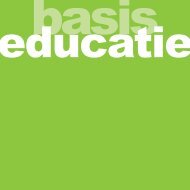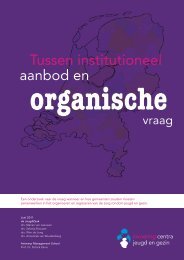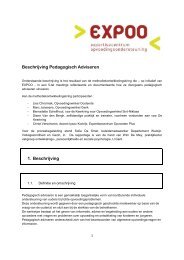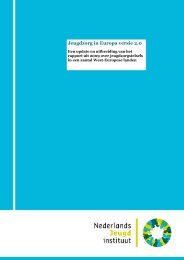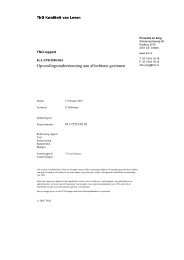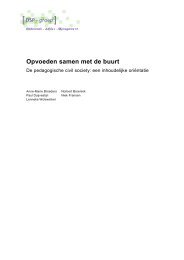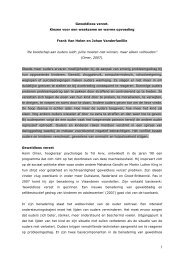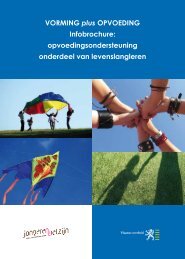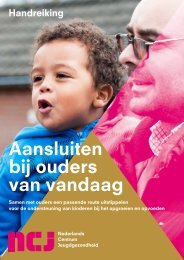Technique Is Not Enough (TINE) - British Psychological Society
Technique Is Not Enough (TINE) - British Psychological Society
Technique Is Not Enough (TINE) - British Psychological Society
- No tags were found...
Create successful ePaper yourself
Turn your PDF publications into a flip-book with our unique Google optimized e-Paper software.
having reciprocal relationships to exchange informal services, knowledge, skills,information and emotional support. The concepts of trust, bonded groups and bridginggroups, and group norms are central to this research (Putnam, 1999). Social capital is builtup over time in dyadic and small group networks where there is mutuality and reciprocityof relationships. It exists outside of professional practice and people who are paid toprovide support to individual service users, but is crucial as it constitutes the availabilityand access to the local knowledge and skills fabric in any community and hencedetermines many aspects of the health and well-being of ordinary members of localcommunities when faced with a need to know or do something that is required to sustain avalued lifestyle.Studies have investigated the nature of the social capital held within informal networks offriends, extended families, social clubs and religious congregations and to see if it isdecreasing (McPherson et al., 2006; Putnam, 1999). Researchers have studied the impactof different levels of social capital in local neighbourhoods, states and countries. Studieshave consistently shown high levels of social capital to be positively correlated with thekinds of social outcomes of greatest interest to policy makers. For example, people who areactive members of communities with high social capital, live on average three to five yearslonger than people who are members of social networks with low social capital. Studies ofcommunities with high social capital report lower crime and illicit drug use. They alsomake fewer child protection referrals, engage in less domestic violence, and have lowerschool drop-out rates, teenage pregnancy and unemployment (Putnam, 1999; Crosby &Holtgrave, 2005).Because of these findings it makes sense for evidence-based parenting programmes todevelop in-built strategies that enhance social capital in their host communities. Over timethe resulting increase in social capital should include support for sustaining the impact oftheir parenting training and increase the general well-being of parents and children intheir host community.In this context, increasing social capital means building trusting, reciprocal and supportiverelationships between families and across families in the life domains of home, school andcommunity. These often relatively invisible relationships enhance community resilience(Halpern, 2009) and can contribute to developing local norms for positive parenting,thereby also enhancing programme sustainability.6.3. Building social capital through parenting and family skillstraining programmesThere are three contextual issues to be addressed here. There is growing evidence ofincreased social isolation within some communities. Some recent studies have shown thatas many as 23 per cent of adults report having no-one they trust to whom they can go toabout troubles or unmet needs (e.g. McPherson et al., 2006). There is a growing social andeconomic need to build trust, to engage whole families (by taking an intergenerationalperspective) and to help families work effectively for their own ends and their communitiesbecause this leads to greater resilience and less over-reliance on traditional services. Thereis theory and evidence about what works and we need to learn from this to engagecommunities effectively.50 Professional Practice Board




